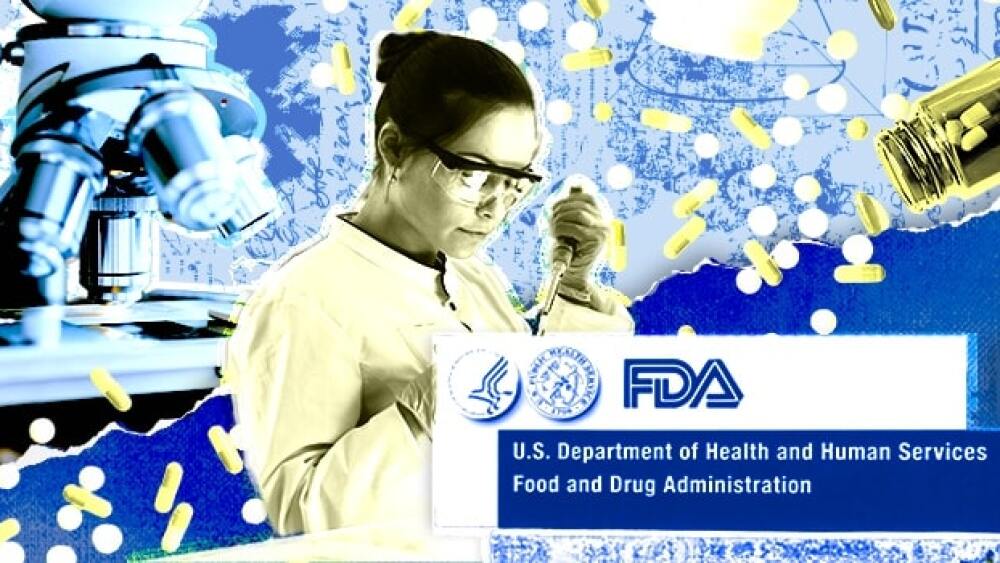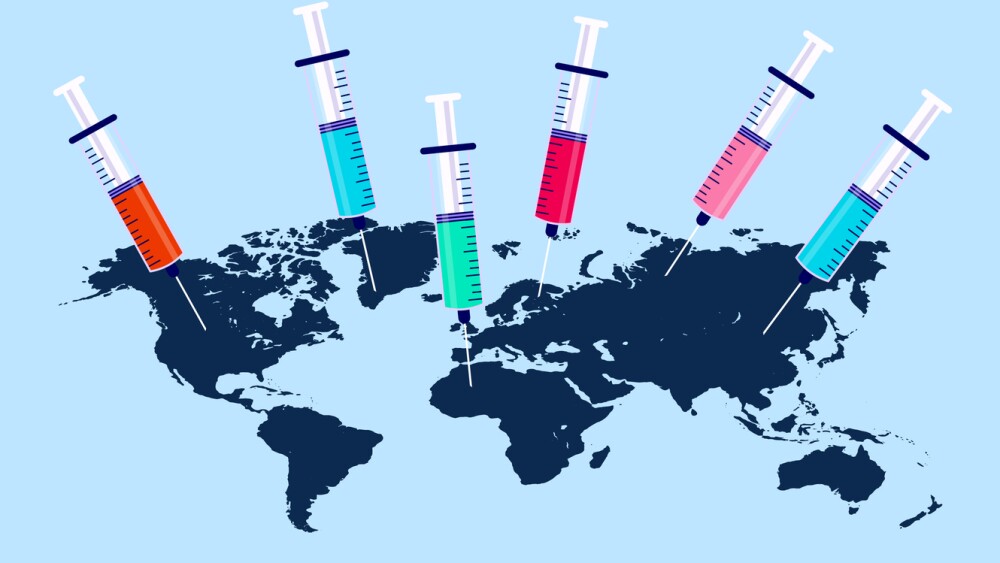
GSK Bio
NEWS
Bristol Myers Squibb, GSK and Merck are contributing drug ingredients as part of their deals with the White House but are keeping many of the terms of their agreements private.
BioSpace has named 50 life sciences companies to its 2026 Best Places to Work list. AbbVie, Amneal Pharmaceuticals and BridgeBio executives share what makes their organizations special.
A new executive order aims to smooth the path for getting U.S. manufacturing facilities up and running; HHS says it will require placebo-controlled trials for all vaccine approvals; tariff threats hit BioNTech; Novo Nordisk’s FDA application for an oral version of Wegovy is accepted; and more.
As Q1 2025 earnings season continues, tariffs remain top of mind for pharma CEOs and investors. Meanwhile, the American Association for Cancer Research’s annual event kicks off this year’s oncology conference season. Plus, will the FDA become politicized under HHS Secretary RFK Jr.?
With Keytruda, the best-selling drug in the world, facing the end of exclusivity in 2028, BioSpace looks at five drugs that have taken the leap off the patent cliff.
Drugmakers will have until the end of February to decide whether they want to participate in the second round of Medicare negotiations or not. CMS has until June 1 to send an initial offer for the adjusted prices.
Other notable greenlights this year include Bristol Myers Squibb’s Cobenfy, the first novel therapeutic for schizophrenia in 35 years, and Madrigal Pharmaceuticals’ Rezdiffra, the first-ever treatment for MASH.
GSK, Gilead and Arcellx, Vertex and more present new data at the American Society of Hematology annual meeting just as sickle cell therapies Casgevy and Lyfgenia have a new outcomes-based payment model; Eli Lilly and Novo Nordisk pump new funds into manufacturing; and AbbVie makes a Cerevel comeback while uniQure clears a path toward accelerated approval in Huntington’s disease.
A judge in the U.K. last month sided with Pfizer over GSK in a respiratory syncytial virus vaccine patent lawsuit, positioning both companies to compete for that market and laying down a marker for ongoing legal clashes in other parts of the world.
JOBS
IN THE PRESS








